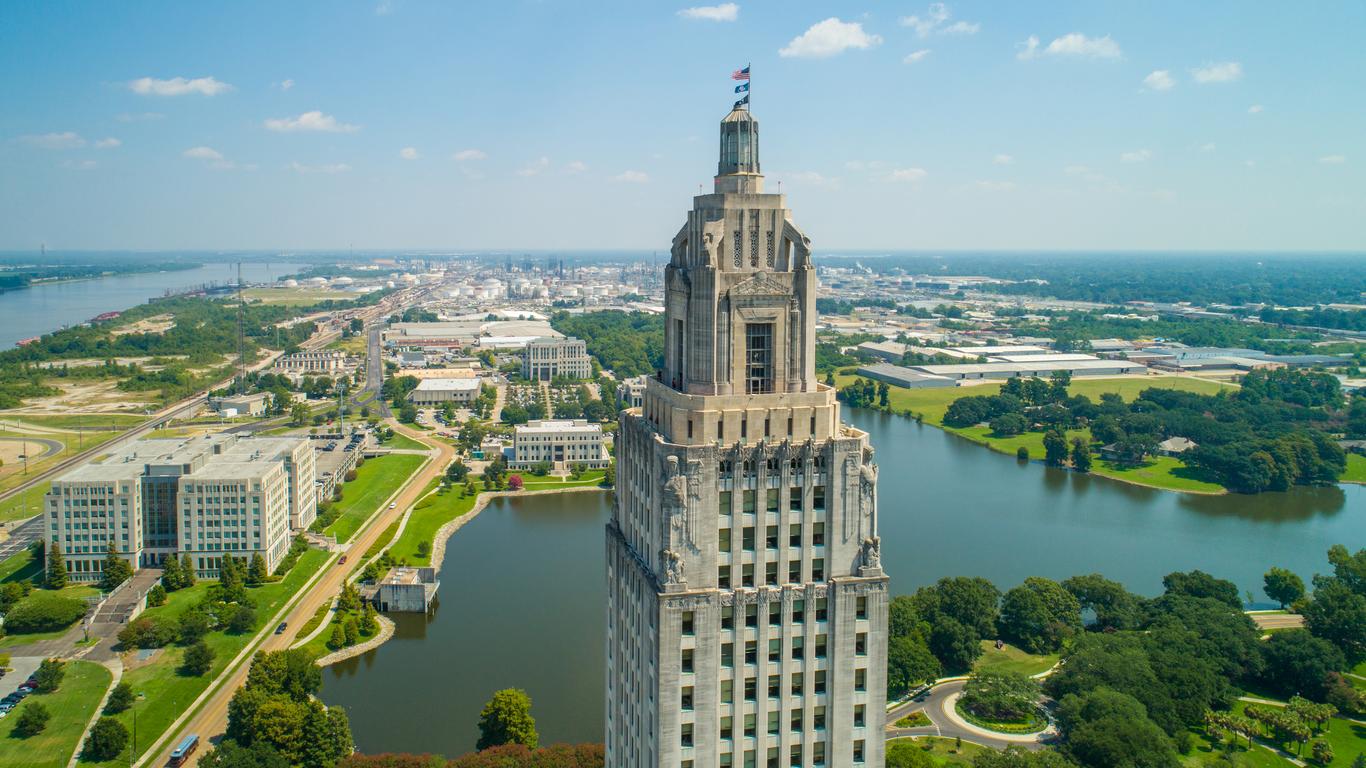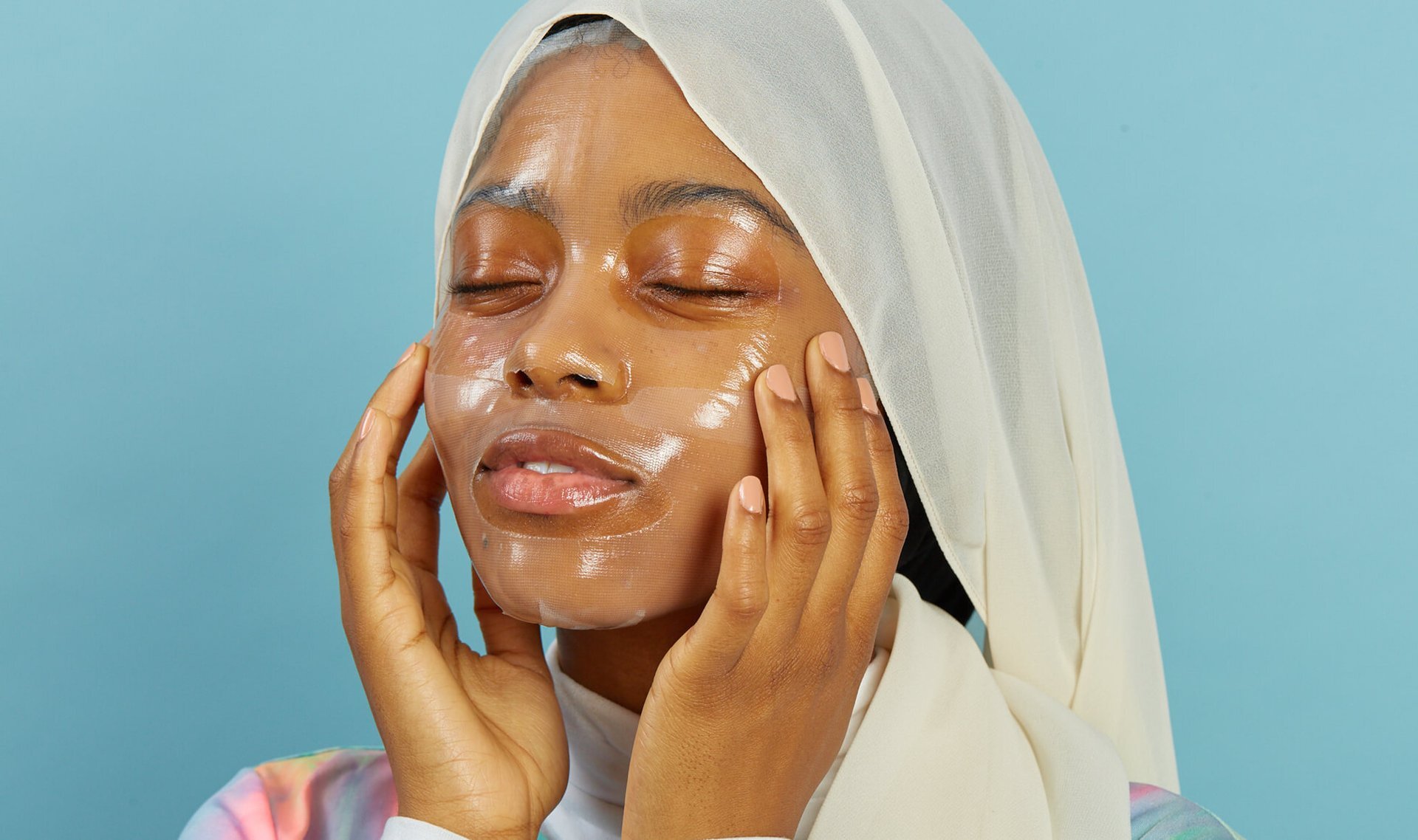
Baton Rouge, the capital city of Louisiana, is a vibrant and enchanting city that has a rich history and a diverse culture. Nestled along the banks of the mighty Mississippi River, this Southern gem offers visitors a unique blend of old-world charm and modern attractions. From its historic landmarks and renowned museums to its thriving culinary scene and exciting festivals, Baton Rouge has something to offer everyone.
In this article, we will delve into 40 fascinating facts about Baton Rouge that will not only give you a deeper understanding of the city but also ignite your curiosity to explore and experience all that it has to offer. So, whether you are a local resident or a curious traveler planning a visit, fasten your seatbelt as we take you on a journey through the heart and soul of Baton Rouge, Louisiana!
Key Takeaways:
- Baton Rouge, the capital of Louisiana, is a vibrant city with rich history, delicious cuisine, and diverse attractions. From Mardi Gras to LSU, there’s something for everyone to enjoy in this lively city by the Mississippi River.
- With its lively music scene, vibrant festivals, and beautiful natural landscapes, Baton Rouge offers a unique and enriching experience for residents and visitors alike. From historic landmarks to thrilling water parks, there’s never a dull moment in this Louisiana city.
Baton Rouge is the capital city of Louisiana.
Located on the banks of the Mississippi River, Baton Rouge serves as the political hub of the state.
The name “Baton Rouge” means “Red Stick” in French.
The city was named after a red cypress post that marked the boundary between two Native American tribes.
Baton Rouge is home to Louisiana State University (LSU).
Known for its strong athletic programs, LSU’s Tiger Stadium is one of the largest college football stadiums in the country.
Baton Rouge celebrates Mardi Gras with vibrant parades and festivities.
Every year, the city comes alive with colorful floats, lively music, and traditional bead-throwing during the Carnival season.
The Baton Rouge River Center hosts a variety of concerts and events.
From major music acts to conventions and trade shows, the River Center is a popular entertainment venue in the city.
Baton Rouge is known for its delicious Cajun and Creole cuisine.
From gumbo and jambalaya to crawfish etouffee, food lovers can indulge in a wide variety of flavorful dishes.
The Old State Capitol building is a prominent landmark in Baton Rouge.
With its Gothic architecture and stunning riverfront location, the Old State Capitol is now a museum that showcases the city’s history.
Baton Rouge is home to numerous plantations with rich historical significance.
Visitors can explore these beautifully preserved estates, such as the Oak Alley Plantation and the Nottoway Plantation.
The Baton Rouge Zoo is a popular attraction for animal lovers.
Featuring a wide range of exotic animals, the zoo provides an educational and entertaining experience for visitors of all ages.
Baton Rouge hosts the annual Louisiana Book Festival.
Book enthusiasts can attend author readings, book signings, and panel discussions during this literary event.
The Louisiana Art and Science Museum in Baton Rouge showcases a diverse collection of artwork.
From ancient artifacts to contemporary masterpieces, the museum offers a fascinating blend of art and science exhibits.
Baton Rouge is home to the Louisiana State Capitol, the tallest capitol building in the United States.
Visitors can take guided tours to learn about the state’s political history and admire the breathtaking views from the observation deck.
The Baton Rouge Gallery is one of the oldest artist co-ops in the nation.
Art enthusiasts can browse through a variety of contemporary artworks created by local and regional artists.
Baton Rouge is known for its lively music scene.
From jazz and blues to country and rock, the city offers a vibrant music culture that can be enjoyed at local venues and festivals.
Baton Rouge is a major hub for the petrochemical industry.
The city’s proximity to the Mississippi River and the Gulf of Mexico makes it an ideal location for industrial operations.
Baton Rouge is home to the Bluebonnet Swamp Nature Center.
Nature enthusiasts can explore the beautiful trails, observe wildlife, and learn about the unique ecosystems of the region.
Baton Rouge is known for its vibrant historic neighborhoods.
Districts like Spanish Town and Beauregard Town offer charming architecture, local shops, and a sense of community.
Baton Rouge is home to the LSU Museum of Art.
Art connoisseurs can admire a vast collection of fine art, including works by renowned artists such as Pablo Picasso and Edgar Degas.
The Baton Rouge Blues Festival is one of the oldest blues festivals in the United States.
Music lovers can enjoy live performances by local and national blues artists during this annual event.
Baton Rouge has a rich cultural heritage influenced by French, Spanish, African, and Caribbean traditions.
This diverse heritage is evident in the city’s architecture, cuisine, and music.
The Louisiana State Museum in Baton Rouge offers a glimpse into the state’s history and culture.
Visitors can explore exhibits about Louisiana’s indigenous cultures, colonial history, and contributions to American society.
Baton Rouge is home to the Baton Rouge Symphony Orchestra.
Music enthusiasts can enjoy classical concerts and other performances by this talented group of musicians.
Baton Rouge is the second-largest city in Louisiana, after New Orleans.
With a growing population and a thriving economy, Baton Rouge plays a significant role in the state’s development.
The Baton Rouge Arts Market features a variety of local artisans and craft vendors.
Visitors can shop for unique handmade goods, including jewelry, pottery, and paintings.
Baton Rouge is known for its lively nightlife scene.
From trendy bars and nightclubs to live music venues, there are plenty of options for those seeking entertainment after dark.
The Atchafalaya National Heritage Area, located near Baton Rouge, is one of the largest river swamps in the United States.
Nature lovers can explore the diverse ecosystems and spot various wildlife species in this protected area.
Baton Rouge is home to the Louisiana Sports Hall of Fame.
Sports enthusiasts can learn about the state’s athletic history and celebrate the achievements of Louisiana athletes.
The Baton Rouge Gallery of Contemporary Art showcases the works of local and regional artists.
It is a vibrant hub for the city’s art community and hosts regular exhibits, workshops, and events.
The Shaw Center for the Arts in Baton Rouge is a multi-purpose cultural facility.
It houses theaters, art galleries, and a rooftop sculpture garden, offering a diverse range of artistic experiences.
Baton Rouge is home to the USS Kidd Veterans Memorial, a World War II-era destroyer.
Visitors can explore the ship and learn about its role in the Pacific Theater during the war.
Baton Rouge is a hub for healthcare and medical research.
The city is home to several major hospitals and research institutions, contributing to advancements in medicine.
Baton Rouge is known for hosting the Bayou Country Superfest, a major country music festival.
Country music fans can enjoy performances by top artists in the genre at this annual event.
Baton Rouge is home to the Baton Rouge Arts Council, which promotes and supports the city’s artistic community.
The council organizes events, grants, and initiatives to foster a thriving arts scene in Baton Rouge.
The Baton Rouge Fire Museum provides insight into the history of firefighting.
Visitors can learn about the equipment, techniques, and brave firefighters who protect the city.
Baton Rouge is known for its vibrant festivals.
From the Louisiana Renaissance Festival to the Baton Rouge Music Festival, there’s always something to celebrate in the city.
The Louisiana State Penitentiary, also known as Angola Prison, is located near Baton Rouge.
It is the largest maximum-security prison in the United States and offers tours to the public.
Baton Rouge is home to the Louisiana Art Education Association, promoting arts education in schools across the state.
The association supports art teachers and advocates for the importance of art in education.
Baton Rouge is known for its vibrant live music venues.
From the Varsity Theatre to the Manship Theatre, music lovers can enjoy performances by local and national artists.
Baton Rouge is home to the Blue Bayou Water Park, offering thrilling water slides and family-friendly attractions.
Visitors can cool off from the Louisiana heat and enjoy a day of fun at this popular water park.
Baton Rouge is a place where history, culture, and natural beauty come together, offering residents and visitors a unique and enriching experience.
With its vibrant arts scene, delicious cuisine, and diverse attractions, Baton Rouge truly has something for everyone.
Conclusion
In conclusion, Baton Rouge is a vibrant and historically rich city that has much to offer both residents and visitors. From its captivating music scene to its delicious cuisine, there is something for everyone to enjoy. The city’s unique blend of Southern charm and cultural diversity adds to its allure.
With its picturesque landscapes and rich history, Baton Rouge is truly a hidden gem. Whether you’re exploring the Louisiana State Capitol or strolling along the scenic Mississippi River, you’re sure to be captivated by the city’s beauty. With a thriving arts and entertainment scene, abundant outdoor recreational opportunities, and a strong sense of community, Baton Rouge is a city that should not be overlooked.
FAQs
1. What is the population of Baton Rouge?
The population of Baton Rouge is estimated to be around 227,715.
2. What is the weather like in Baton Rouge?
Baton Rouge has a humid subtropical climate, characterized by hot and humid summers, mild winters, and abundant rainfall throughout the year.
3. Is Baton Rouge a safe city to visit?
Baton Rouge, like any other city, has areas that may have higher crime rates. However, with proper precautions and awareness, Baton Rouge can be a safe city to visit.
4. What are some popular attractions in Baton Rouge?
Some popular attractions in Baton Rouge include the Louisiana State Capitol, the USS Kidd Veterans Memorial, the Baton Rouge River Center, and the Baton Rouge Zoo.
5. Can you take a riverboat tour in Baton Rouge?
Yes, there are riverboat tours available in Baton Rouge where you can cruise along the Mississippi River and enjoy the scenic views.
Baton Rouge's rich tapestry of history, culture, and natural beauty makes it a captivating destination. Beyond the fascinating facts mentioned above, this vibrant city also boasts impressive environmental initiatives, renowned educational institutions, and exciting sports and recreation opportunities. Delve deeper into Baton Rouge's commitment to sustainability, explore its prestigious schools and universities, or immerse yourself in the thrilling world of sports and leisure activities. Each aspect of Baton Rouge's identity contributes to its unique charm, inviting you to uncover more about this remarkable city.
Was this page helpful?
Our commitment to delivering trustworthy and engaging content is at the heart of what we do. Each fact on our site is contributed by real users like you, bringing a wealth of diverse insights and information. To ensure the highest standards of accuracy and reliability, our dedicated editors meticulously review each submission. This process guarantees that the facts we share are not only fascinating but also credible. Trust in our commitment to quality and authenticity as you explore and learn with us.


